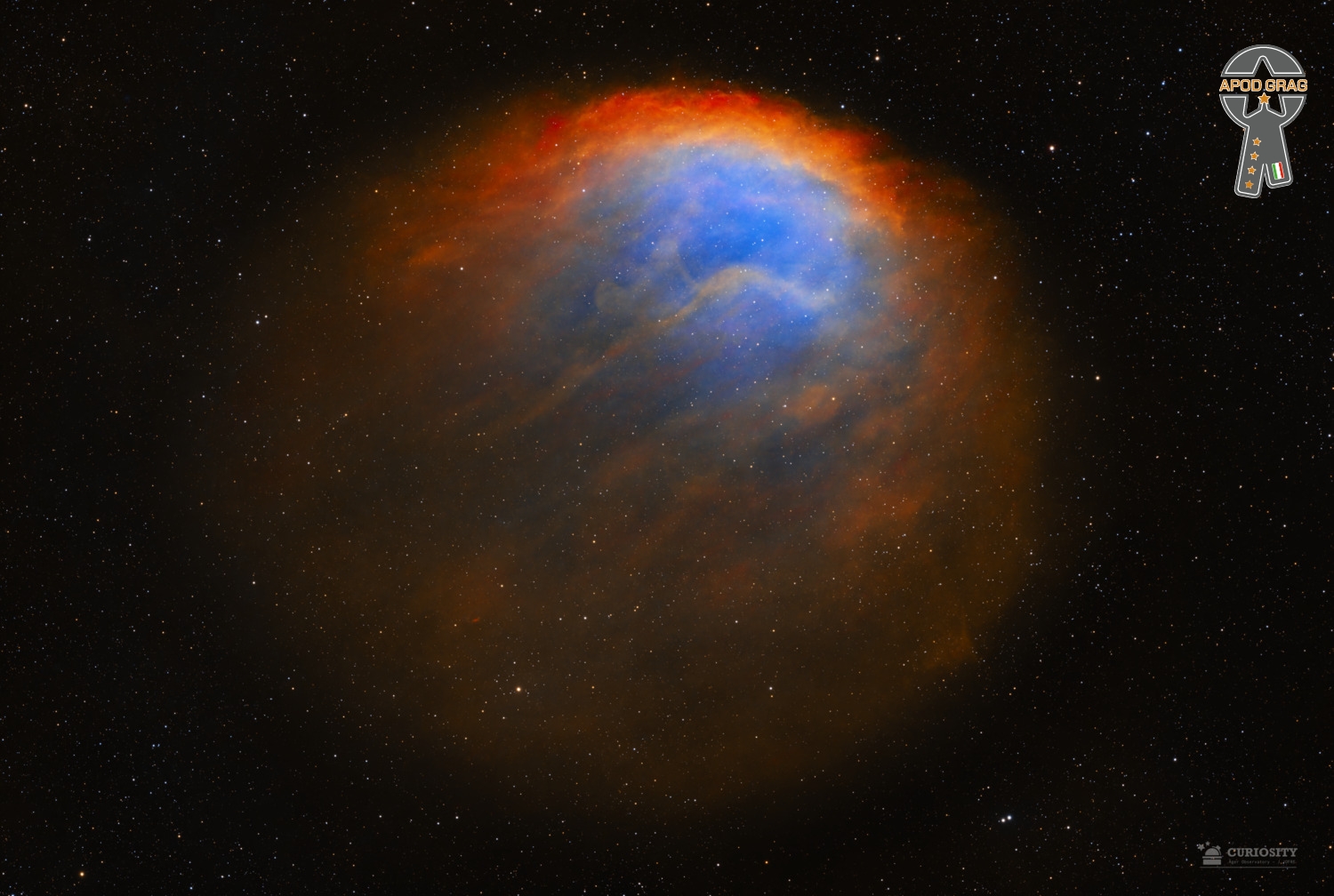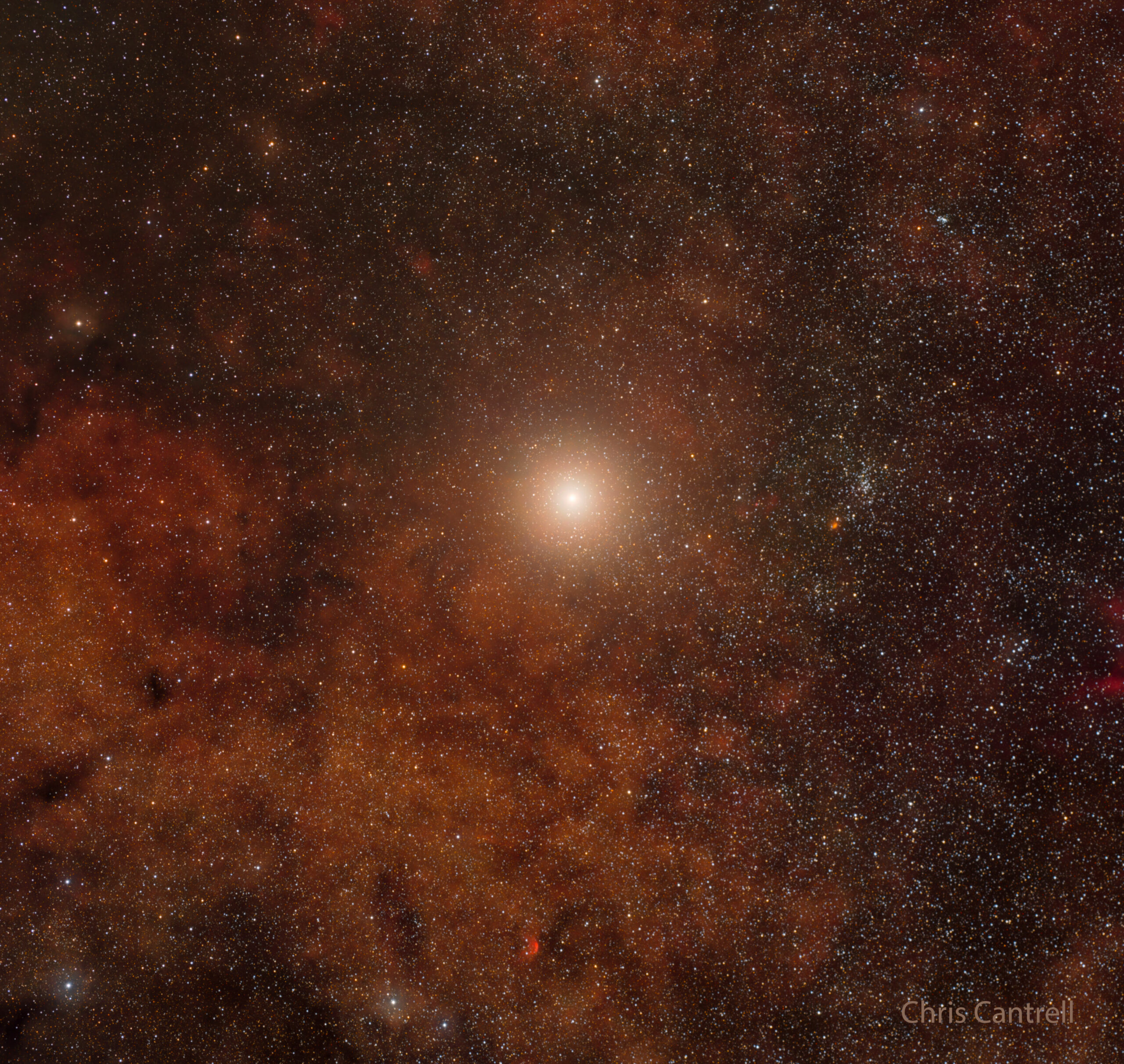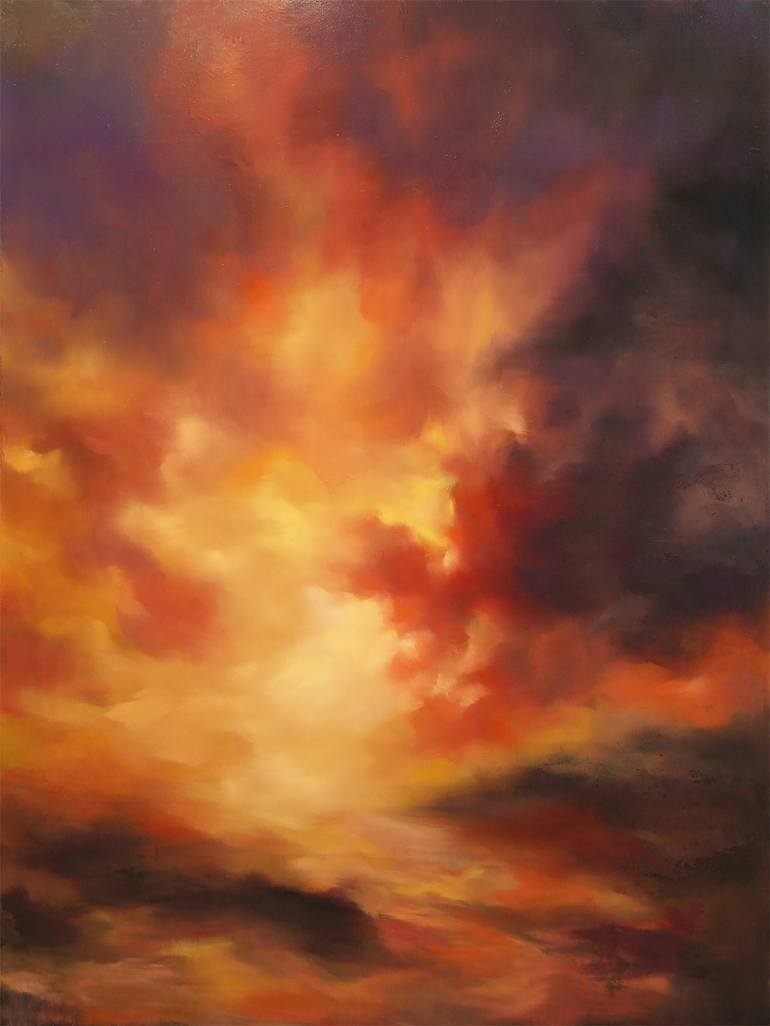Blog
Little Smokey Smothers (January 2, 1939 – November 20, 2010 Tchula, MS) was a Chicago blues guitarist and singer. He played with the Paul Butterfield Blues Band and played with other Chicago blues musicians in the 1960s, then left music for most of the 1970s. He returned to music in the late 1970s and continued performing until his death in 2010.
His elder brother was the bluesman Otis “Big Smokey” Smothers (died 1993), with whom he was sometimes confused.
more...Hisao Oma “Isao” Suzuki (鈴木 勲, Suzuki Isao, 2 January 1933 – 8 March 2022) was a Japanese jazz double-bassist.
Born in Tokyo, Japan, Suzuki learned to play bass on United States military bases, and played early in his career with Shotaro Moriyasu, Hidehiko Matsumoto, and Sadao Watanabe. He led his own ensemble in Tokyo from 1965–1969, also performing with Hampton Hawes in 1968. He moved to New York City from 1969 to 1971, playing with Ron Carter, Paul Desmond, Ella Fitzgerald, Jim Hall, Wynton Kelly, Charles Mingus, Thelonious Monk, and Bobby Timmons. Returning to Japan, he played with Kenny Burrell and Mal Waldron in addition to his own ensembles. Later in the 1970s, he began expanding his instrumental repertoire, playing cello and piccolo bass. He was a cofounder of the Japanese Bass Players Club with Hideto Kanai, and opened a jazz club in Osaka in 1987.
more...This image captures Sh2-216, the closest known planetary nebula to Earth, located at a distance of approximately 129 parsecs (424 light-years). With a diameter of 1.6° in the sky, Sh2-216 is one of the largest and oldest planetary nebulae known. Its vast, faint shell spans nearly 10 light-years, representing the ejected outer layers of its progenitor star, which is the white dwarf WD 0439+466.
Something interesting about this region is how Sh2-216 interacts with the interstellar medium (ISM). The nebula’s upper rim glows brightly, marking the point where the expanding shell meets the ISM. This interaction compresses and shapes the nebular gas, forming complex filamentary structures visible in H-alpha emissions. These structures are influenced by both the ISM magnetic field and the dynamics of the nebular expansion.
To capture this faint PN, 55 hours of exposure have been required using A f4,4 refractor at 414mm focal length. The image has been taken during October, November and December 2024 from the Curiosity observatory located in Àger (Catalonia), under a B3 sky.

Ari Brown (born February 1, 1944) is an American jazz tenor saxophonist and pianist.
Brown grew up in Chicago and attended Wilson College, where he met musicians such as Jack DeJohnette, Henry Threadgill, Roscoe Mitchell, and Joseph Jarman. He played piano in R&B and soul outfits into the 1960s, then switched to saxophone in 1965. He joined the AACM in 1971, and also played with The Awakening in the early 1970s. In 1974 he lost several teeth in a car crash, and temporarily switched to piano again until he recovered. He played sax later in the 1970s with McCoy Tyner, Don Patterson, and Sonny Stitt. In the 1980s, he started his own quintet, and also worked with Lester Bowie, Von Freeman, Bobby Watson, and Anthony Braxton, and in 1989 he became a member of Kahil El’Zabar‘s trio. In 1995, he recorded his first album as a leader, titled Ultimate Frontier, and released by Delmark Records.
more...Frank L. Marocco (January 2, 1931 – March 3, 2012) was an American piano-accordionist, arranger and composer. He was recognized as one of the most recorded accordionists in the world.
Born in Joliet, Illinois Frank Marocco grew up in Waukegan, near Chicago. At the age of seven years, his parents enrolled him in a six-week beginner class for learning to play the accordion.
more...Nick Fatool (January 2, 1915 – September 26, 2000) was an American jazz drummer. He was born in Millbury, Massachusetts, United States. Fatool first played professionally in Providence, Rhode Island, which he followed with time in Joe Haymes‘s band in 1937 and Don Beston‘s in Dallas soon after. In 1939, he played with Bobby Hackett briefly, and then became a member of the Benny GoodmanOrchestra. He became one of the most visible drummers of the 1940s, playing with Artie Shaw (1940–41), Alvino Rey (1942–43), Claude Thornhill, Les Brown, and Jan Savitt. In 1943, he moved to Los Angeles and took work as a session musician, recording profusely. Credits include Harry James, Erroll Garner (1946), Louis Armstrong (1949, 1951), Jess Stacy, Tommy Dorsey, Matty Matlock, John Scott Trotterand Glen Gray. He began an association with Bob Crosby, playing with him regularly between 1949 and 1951 and occasionally with Crosby’s Bobcats into the 1970s.
more...The closest star system to the Sun is the Alpha Centauri system. Of the three stars in the system, the dimmest — called Proxima Centauri — is actually the nearest star. The bright stars Alpha Centauri A and B form a closebinary as they are separated by only 23 times the Earth- Sun distance – slightly greater than the distance between Uranus and the Sun. The Alphasystem is not visible in much of the northern hemisphere. Alpha Centauri A, also known asRigil Kentaurus, is the brightest star in the constellation of Centaurus and is the fourth brightest star in the night sky. Sirius is the brightest even though it is more than twice as far away. By an exciting coincidence, Alpha Centauri A is the same type of star as our Sun, and Proxima Centauri is now known to have a potentially habitable exoplanet.

Seydou Koné (born January 1, 1953, in Dimbokro), better known by his stage name Alpha Blondy, is an Ivorian reggae singer and international recording artist. Many of his songs are politically and socially motivated, and are mainly sung in his native language Dyula, French and English, though he occasionally uses other languages, for example, Arabic or Hebrew.
more...Milton Jackson (January 1, 1923 – October 9, 1999 Detroit, MI), nicknamed “Bags“, was an American jazz vibraphonist. He is especially remembered for his cool swinging solos as a member of the Modern Jazz Quartet and his penchant for collaborating with hard bop and post-bop players.
A very expressive player, Jackson differentiated himself from other vibraphonists in his attention to variations on harmonics and rhythm. He was particularly fond of the twelve-bar blues at slow tempos. On occasion, Jackson also sang and played piano.
more...Bulee “Slim” Gaillard (January 9, 1911 – February 26, 1991), also known as McVouty, was an American jazz singer and songwriter who played piano, guitar, vibraphone, and tenor saxophone. Gaillard was noted for his comedic vocalese singing and word play in his own constructed language called “Vout-o-Reenee”, for which he wrote a dictionary.
In addition to English, he spoke five languages (Spanish, German, Greek, Arabic, and Armenian) with varying degrees of fluency.
He rose to prominence in the late 1930s with hits such as “Flat Foot Floogie (with a Floy Floy)” and “Cement Mixer (Put-Ti-Put-Ti)” after forming Slim and Slam with Leroy Eliot “Slam” Stewart. During World War II, Gaillard served in the US Army Air Forces. In 1944, he resumed his music career and performed with such notable jazz musicians as Charlie Parker, Dizzy Gillespie, and Dodo Marmarosa.
In the ’60s and ’70s, he acted in films—sometimes as himself—and also appeared in bit parts in television series such as Roots: The Next Generations. Gaillard resumed touring the circuit of European jazz festivals during the 1980s.
more...Xavier Cugat (Catalan; 1 January 1900 – 27 October 1990 Girona, Catalonia, Spain ) was a Spanish musician and bandleader who spent his formative years in Havana, Cuba. A trained violinist and arranger, he was a leading figure in the spread of Latin music. In New York City, he was the leader of the resident orchestra at the Waldorf–Astoria before and after World War II. He was also a cartoonist and a restaurateur. The personal papers of Xavier Cugat are preserved in the Biblioteca de Catalunya.
more...

More Posts
- Daily Roots DEB Music Players
- Cosmos IC 1396
- Dickey Betts
- Alex Acuna
- Tony Williams
- Grover Washington Jr
- Toshiko Akiyoshi
- Dodo Marmarosa
- STOP THE WAR World Music Folknery feat. Yan Tychkovskyi
- Daily Roots Channel One The Revolutionaries
- Cosmos M27
- McCoy Tyner
- Big Mama Thornton
- Perez Prado
- World Music Zila Khan
- Daily Roots The Harmonisers
- Human Rights Day 2022
- Cosmos Sea of Serenity
- Bob Cranshaw
- Pops Mohamed

